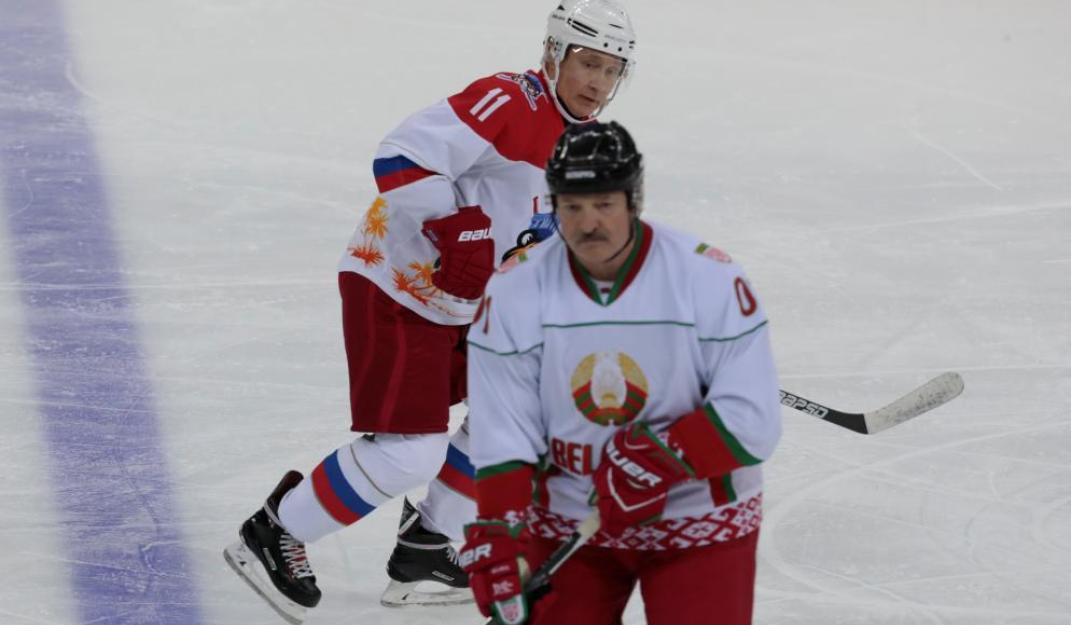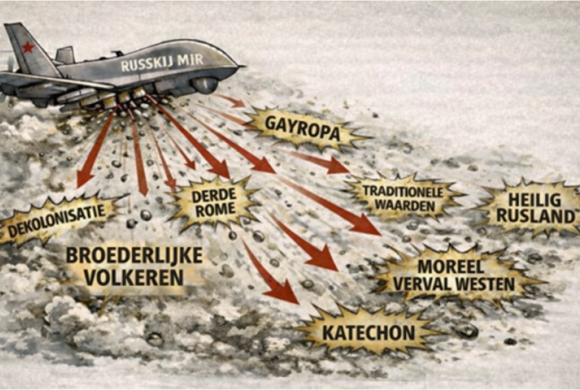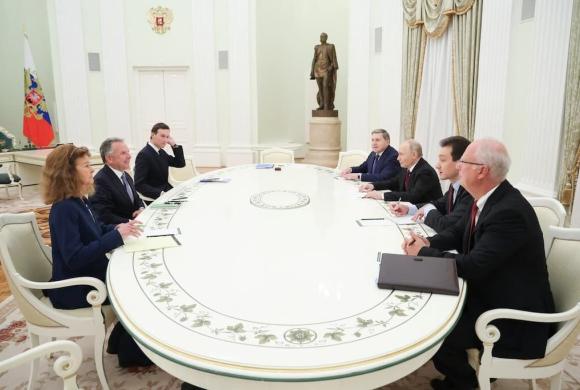
In short
- Belarusian leader Aliaksandr Lukashenka won a rigged election, avoiding the mass protests of 2020
- Despite outward stability, Western pressure has made Belarus dangerously reliant on Russia, risking an existential crisis
- A pragmatic approach would normalize ties and ease sanctions to boost Belarus' sovereignty and autonomy
- A policy debate on the question when the benefits of a more pragmatic engagement with Minsk begin to outweigh the costs is urgently needed
Behind the veil of seeming stability, Belarus is facing a crisis that could potentially become existential. The Western sanctions and diplomatic isolation, imposed in response to the Lukashenka regime’s repression of the mass protests in 2020 and its facilitation of Russia’s full-scale invasion of Ukraine in 2022, have made Minsk dangerously dependent on Moscow, to the point where they threaten the survival of Belarus as an independent state.
European policymakers – and their Western partners elsewhere in the world – thus face a fundamental policy dilemma. They can stick to their current normative or principled approach of isolating Belarus diplomatically and economically in the hope of pressuring Minsk into distancing itself from Russia and liberalising the Belarusian political system. Or they can opt for a more pragmatic or “Realpolitik” approach that strives to engage Belarus diplomatically and economically regardless of the many flaws of the Lukashenka regime (or an authoritarian successor) in order to provide it with a geopolitical alternative to Russia.
Because there is no easy solution to this policy dilemma, this report will refrain from providing a policy recommendation for one or the other strategy. Instead, it opts to outline and analyse the trade-offs between different policy options in order to provide policymakers with a map for understanding the dilemmas that they face and the choices that they can make.
This report builds a model of 23 variables, clustered in 5 categories, that are key to understanding the possible futures for Belarus. It will help policymakers prepare for possible scenarios of the political development and geopolitical orientation of Belarus over the next 5 years. Additionally, it provides insight into the effects, limitations, and trade-offs of various policy strategies. The report ends by providing more general recommendations.

Clingendael Institute
Clingendael is an independent think tank and a diplomatic academy, based in The Hague - City of Peace and Justice. We aim to contribute to a secure, sustainable and just world through our analyses, training and public debate. We work with partners across public and private sectors, including policymakers, members of the armed forces, diplomats, politicians and business executives.


